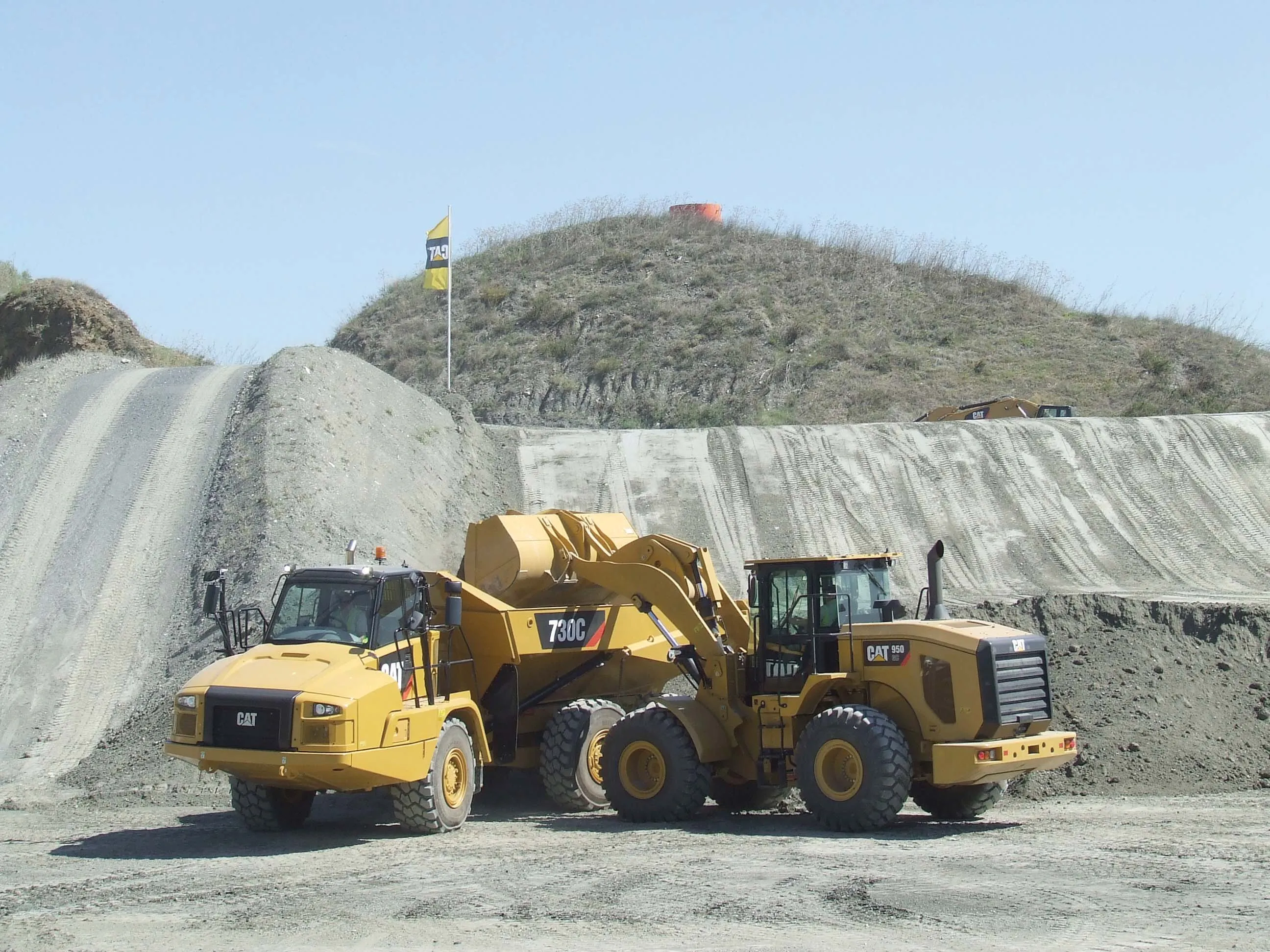A pilot programme to develop safer roads is being planned for India’s capital Delhi. The Indian Government is developing the programme which will see 10 roads in Delhi being redesigned in a bid to boost road safety, particularly for vulnerable road users. Once the eight month pilot programme has been completed, the aim is to introduce similar measures right across the city. In all the city-wide road revamp for Delhi will cost some US$772.14 million and will involve improving around 1,200km of roads. The aim
October 23, 2015
Read time: 1 min
A pilot programme to develop safer roads is being planned for India’s capital Delhi. The Indian Government is developing the programme which will see 10 roads in Delhi being redesigned in a bid to boost road safety, particularly for vulnerable road users. Once the eight month pilot programme has been completed, the aim is to introduce similar measures right across the city. In all the city-wide road revamp for Delhi will cost some US$772.14 million and will involve improving around 1,200km of roads. The aim of the plan is to introduce a modal shift and encourage more commuters to walk or cycle rather than using motor vehicle transportation. To achieve this, safety for vulnerable road users has to be increased significantly however as Delhi’s record in this area has been poor.








